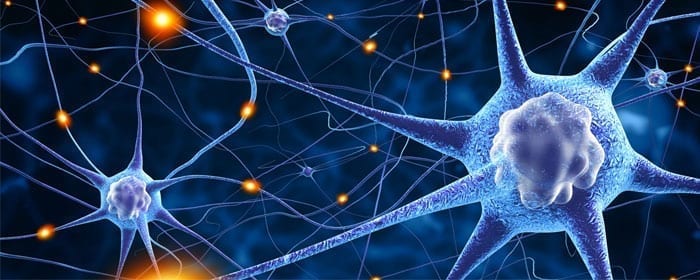A recent review in Biomedicine and Pharmacotherapy has provided a comprehensive view of for how different types of stem cells can be used to treat a variety of neurodegenerative disorders and what the science now tells us about why these particular therapies are showing promise for their ability to help patients suffering from diseases that do not have other effective treatment options.
The review covers 5 main types of stem cells: mesenchymal stem cells, embryonic stem cells, induced pluripotent stem cells, perinatal stem cells, and neural stem cells. Mesenchymal stem cells are adult stem cells that are often found in bone marrow and that can differentiate into a number of different cell types, including bone cells, cartilage cells, muscle cells, and fat cells. Embryonic stem cells, on the other hand, come from human embryos. Given that they come from undifferentiated inner mass cells, these cells are also able to differentiate into a wide array of cell types. Induced pluripotent stem cells derived from skin or blood cells that have been reprogrammed such that they are much like embryonic stem cells.
Perinatal stem cells refer to stem cells that have come from the umbilical cord, the placenta, or the amniotic fluid. While perinatal stem cells also have the potential to differentiate into many cell types, they are often touted as valuable cells because they are taken from tissue that would otherwise be discarded. This process for collecting perinatal stem cells has the benefit of avoiding any ethical concerns that may be raised about the harm or pain inflicted when stem cells are collected by other means. Neural stem cells, unlike the other stem cell types, tend to generate into cells of the nervous system, including neurons and glia.
In addition to the characteristics of these 5 stem cell types and the relative advantages and disadvantages of these cells in regenerative medicine, the authors of this review also cover the implications of cell-based therapies for 4 specific neurodegenerative diseases: Alzheimer’s disease, ALS (Amyotrophic Lateral Sclerosis), Multiple Sclerosis (MS), and Parkinson’s disease. While the research is still relatively new, there is a lot of evidence to suggest that stem cells can help patients with neurodegenerative disease.


 St. Petersburg, Florida
St. Petersburg, Florida
